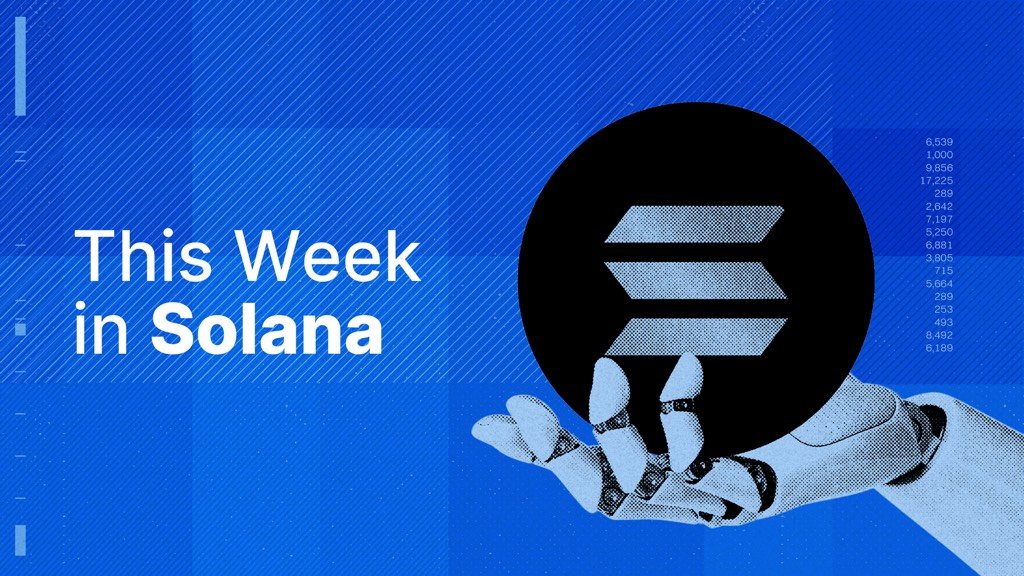Solana Surges Amid U.S. Election Optimism and Institutional Confidence

In a week marked by political tension surrounding the U.S. elections, Solana experienced a notable downturn, losing approximately 14% from October 31 to November 5. However, the mood shifted dramatically on election day when Solana’s native token, SOL, surged by over 15%, reaching $187. This rebound was driven by a significant increase in trading volume, which more than doubled to over $6 billion. The optimism surrounding Donald Trump’s election win, who has been a vocal supporter of cryptocurrency, is expected to lead to more favorable regulations in the U.S., alleviating concerns about Solana’s classification as a security.
Despite a generally bearish week for the cryptocurrency market, Solana managed to maintain its upward momentum, outperforming rivals like Ethereum and BNB. The Solana ecosystem showcased impressive metrics, with a total value locked (TVL) in DeFi reaching $6.326 billion, giving it a 7.09% share of the DeFi landscape. Additionally, Solana’s dominance in the NFT space is evident, commanding over 40% of daily users and significantly outpacing competitors. Institutional confidence is also on the rise, with DApp investments hitting $173 million in Q3, the highest since 2022.
As the race heats up for the first U.S. Solana ETF approval, firms like Canary Capital, VanEck, and 21Shares are vying to launch products that track SOL prices. Solana has recently flipped BNB to become the fourth-largest cryptocurrency by market capitalization, reflecting a wave of market optimism. Furthermore, Solana’s DEX trading volume reached 27% market share in October, solidifying its position as a leading player in decentralized trading. With a loyal developer community and high transaction counts, Solana continues to be a major force in the blockchain ecosystem.
Related News





